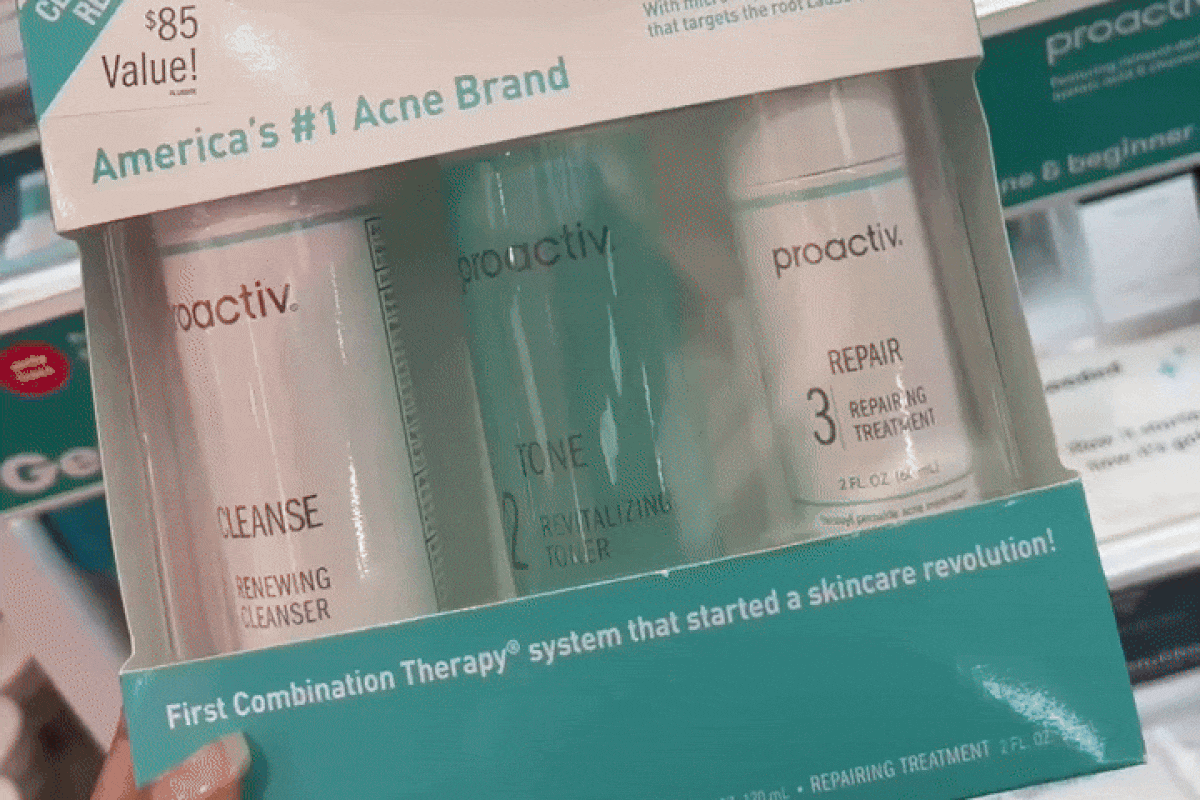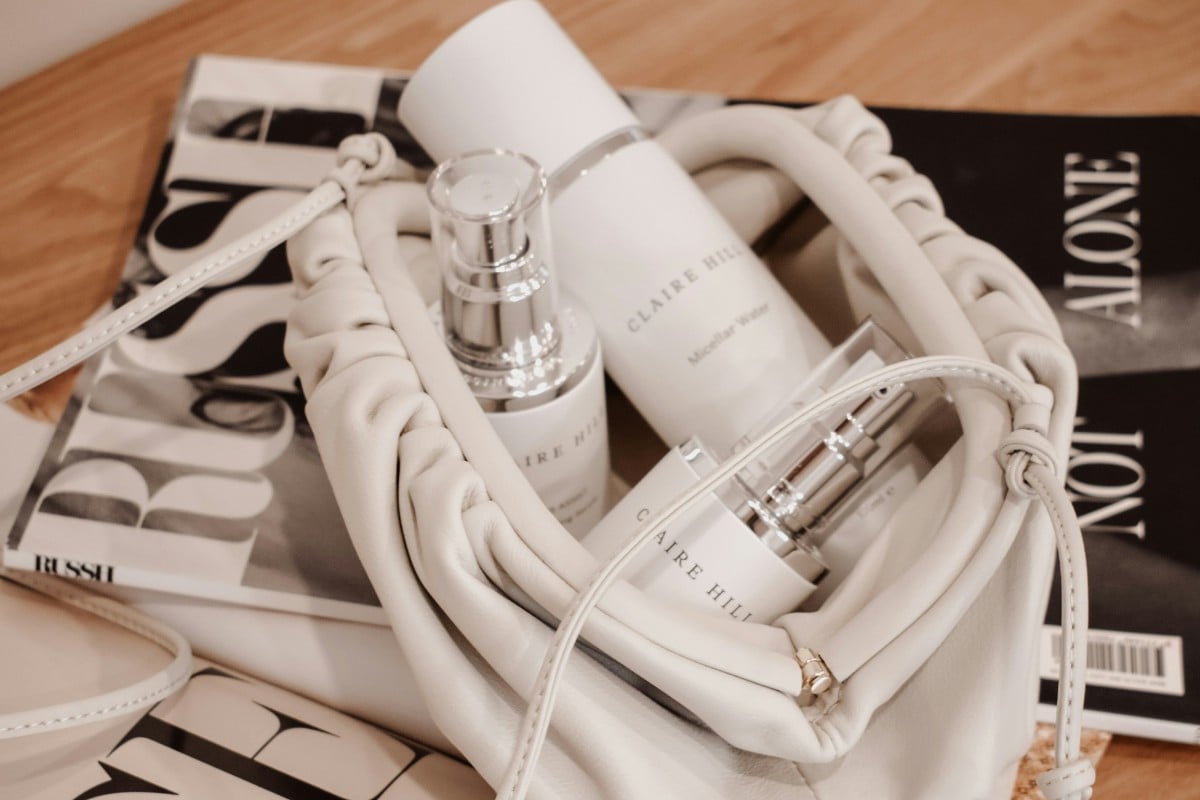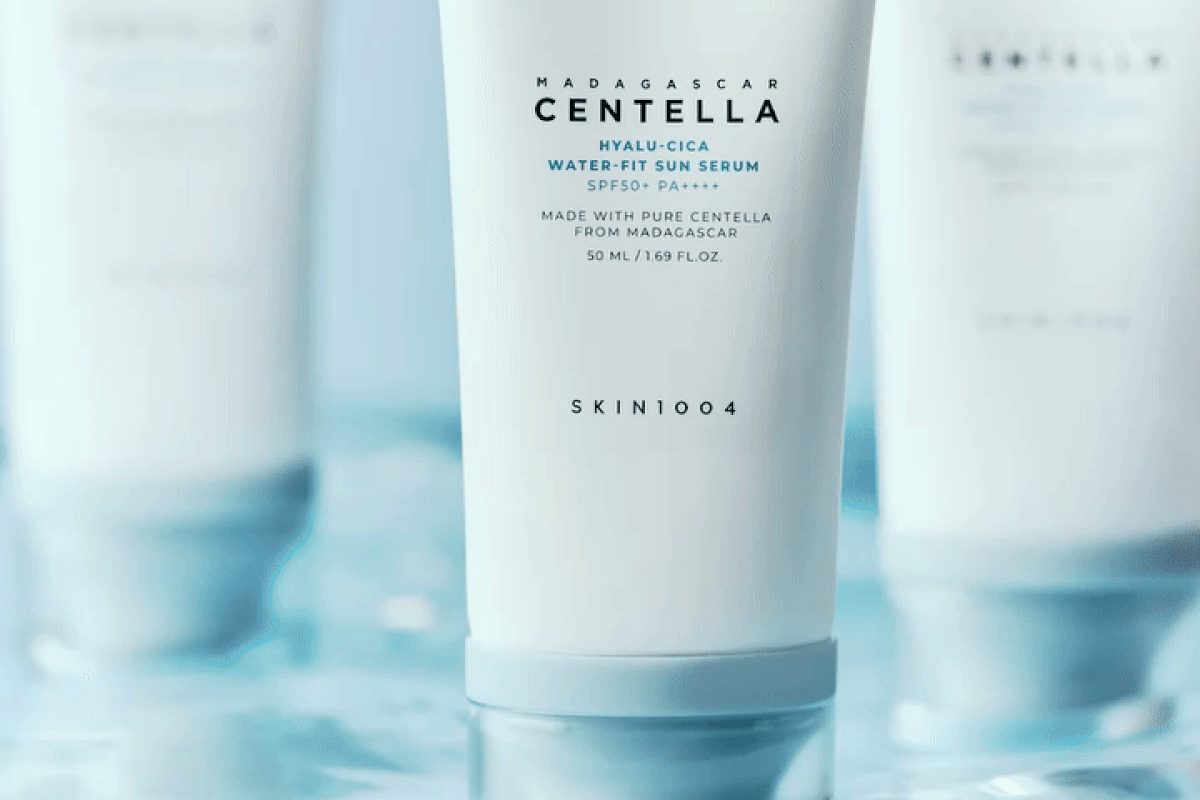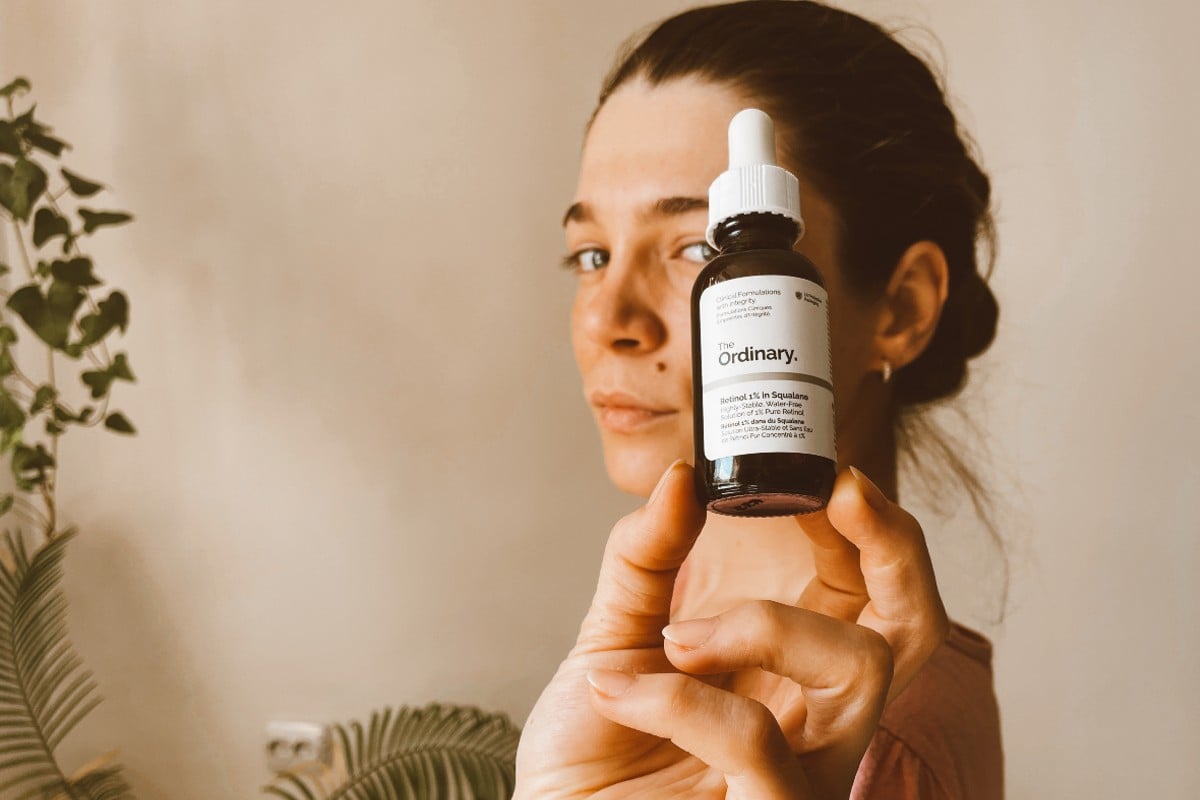- Quercetin is a flavonoid with potent antioxidant activity that scavenges free radicals.
- It expresses most of its properties whether applied topically or taken orally.
- The quercetin skin benefits include protecting and hydrating, soothing inflammations, accelerating wound healing, offsetting UV damage, preventing premature skin aging, consolidating the protective barrier, promoting cell renewal, and evening skin tone.
- It’s suitable for all skin types, especially for problematic skin.
- Quercetin can be used twice daily and can be paired with most actives in skincare, including retinol and vitamin C.
The story goes if you have compromised, rough or dry skin, quercetin is an ingredient you should definitely have on your radar. But what is quercetin, how does it benefit the skin, and how is it used? Who should use quercetin, and what ingredients pair well with it? Relax and read on, we’re breaking down everything that must be known about quercetin in skincare.
What is quercetin?
Quercetin is one of the most abundant natural flavonoids found in fruits and vegetables such as red onions, apples, and berries.[1] As a matter of fact, quercetin is thought to be the most important dietary flavonoid present in our diet, accounting for more than 60% of the total flavonoids ingested daily. As far as skincare is concerned, quercetin is a powerful antioxidant within the flavonoids family that acts by scavaging free radicals. On top of its antioxidant nature, quercetin also showed anti-inflammatory properties as well as soothing, protecting, and anti-itching effects.[1] Given the above, here’s how quercetin can benefit your skin:
How does quercetin benefit the skin?
First, since it’s an antioxidant, quercetin shields the skin from free radicals — unstable molecules that cause cell damage and speed up the skin aging process.[1] By defending cells from free radicals, quercetin further supports skin regeneration and wound healing, having restorative effects on the skin whether it’s applied topically or taken orally.[1][2]
Furthermore, quercetin can consolidate the skin barrier and boost hydration by protecting the lipids in the epidermis (made of cholesterol, fatty acids, and ceramides) from UV radiation.[1] A study by Clinical, Cosmetic, and Investigational Dermatology actually showed that the use of quercetin helped restore skin barrier function and reduce transepidermal water loss due to increased protection against lipids degradation.[1] For this reason, quercetin is often used in products targeting skin repair and is a great treatment for compromised and dehydrated skin. Hence, if you fancy bouncy, plump skin, you should put quercetin on your wishing list ASAP!
Quercetin in skincare also has anti-aging power since it prevents collagen and elastin — the proteins needed to maintain skin elasticity and firmness — degradation caused by free radicals. By the same token, quercetin may delay premature skin aging and the early apparition of wrinkles by reducing the effects of UV radiation as well as promoting cell renewal.[5] For reference, one study from 2010 proved that the topical use of quercetin not only improved the elasticity and moisturization of the skin but also reduced the depth of wrinkles.[6]
Another skin benefit of quercetin is that it relieves redness, itching, and damaged skin, thanks to its anti-inflammatory and antioxidant properties, serving as a potent treatment for inflammatory conditions such as dermatitis.[3] Quercetin may also be used as a sunscreen due to its UV-protecting ability, being as effective as homosalate — an organic compound found in sunscreen products.[5]
Finally, quercetin can act as a potential skin brightener to help even skin tone and lighten discolorations. Aside from offsetting UV damage, quercetin can brighten the skin by inhibiting the activity of tyrosinase — the enzyme responsible for melanin synthesis, aka the pigment that darkens the skin.[4][5] Excessive melanin accumulation leads to pigmentation conditions, such as melasma, age or brown spots, and freckles, so by limiting its production, quercetin delivers serious skin lightening and depigmenting effects.
Who should use quercetin?
Quercetin is a gentle ingredient that all skin types can use up to two times a day — whether you use it topically or take supplements with quercetin. However, quercetin is especially good for people with sensitive skin thanks to its protecting, restoring, and soothing properties. Besides, quercetin targets a wide array of skincare concerns, including aging marks, a broken barrier, dehydrated skin, irritations, and uneven texture.
How to use quercetin for skin?
Supplements aside, quercetin is found in all types of skincare products, with most applications in serums as these allow quercetin to penetrate the skin more effectively. However, there’s one drawback regarding the topical use of quercetin in skincare, and that is its inability to penetrate skin due to poor water solubility and large molecular size.
In spite of the whole package of skin benefits that quercetin comes with, the poor water solubility doesn’t always allow it to reach its site of action. For instance, for anti-aging and wound healing, it’s deadly important for the product to be formulated in a way that allows quercetin to reach the dermis, as this is where collagen is synthesized. On the other hand, to protect the skin from UV damage, soften inflammations, or fade discolorations, it’s enough for quercetin to reach the epidermis (the outermost skin layer). However, regardless of these limitations, plenty of studies have proved the rejuvenating and protecting benefits of quercetin for skincare.
P.S: One thing you can do to boost the effectiveness of quercetin is to use it on broken skin, like after a chemical peel or microneedling. Not only will quercetin support the skin recovery process, but since the skin is compromised, it’s more likely to let molecules pass through it.
Last but not least, quercetin can be mixed with most skincare actives, including the less mild ones like retinol, vitamin C and glycolic acid. Quercetin can actually counteract the drying and irritating effects of these actives, calming the skin while adding even more benefits.
The takeaway
Quercetin is definitely taking the stage in the skincare world with its endless list of benefits that all skin types can benefit from. If you want to make quercetin a part of your beauty ritual, here are some of the best products with quercetin that can give you soft, dewy skin: Paula’s Choice Resist Ultra-Light Super Antioxidant Concentrate Serum, Sesderma C Vit Liposomal Serum, and Dr. Dennis Gross All Physical Lightweight Wrinkle Defense SPF.
- Maramaldi G, Togni S, Pagin I, et al. Soothing and anti-itch effect of quercetin phytosome in human subjects: a single-blind study. Clin Cosmet Investig Dermatol. 2016;9:55-62. Published 2016 Feb 26. doi:10.2147/CCID.S98890
- Taher Hatahet. Comparison of topical quercetin nanoformulations for skin protection. Human health and pathology. Université Montpellier, 2016. English.
- Beken B, Serttas R, Yazicioglu M, Turkekul K, Erdogan S. Quercetin Improves Inflammation, Oxidative Stress, and Impaired Wound Healing in Atopic Dermatitis Model of Human Keratinocytes. Pediatr Allergy Immunol Pulmonol. 2020 Jun;33(2):69-79. doi: 10.1089/ped.2019.1137. Epub 2020 May 21. PMID: 34678092; PMCID: PMC8443267.
- Harris Zoey, Donovan Micah G., Branco Gisele Morais, Limesand Kirsten H., Burd Randy, Quercetin as an Emerging Anti-Melanoma Agent: A Four-Focus Area Therapeutic Development Strategy, Frontiers in Nutrition, 2016, https://www.frontiersin.org/article/10.3389/fnut.2016.00048
- Salehi B, Machin L, Monzote L, et al. Therapeutic Potential of Quercetin: New Insights and Perspectives for Human Health. ACS Omega. 2020;5(20):11849-11872. Published 2020 May 14. doi:10.1021/acsomega.0c01818
- Chondrogianni N, Kapeta S, Chinou I, Vassilatou K, Papassideri I, Gonos ES. Anti-ageing and rejuvenating effects of quercetin. Exp Gerontol. 2010 Oct;45(10):763-71. doi: 10.1016/j.exger.2010.07.001. Epub 2010 Jul 7. PMID: 20619334.


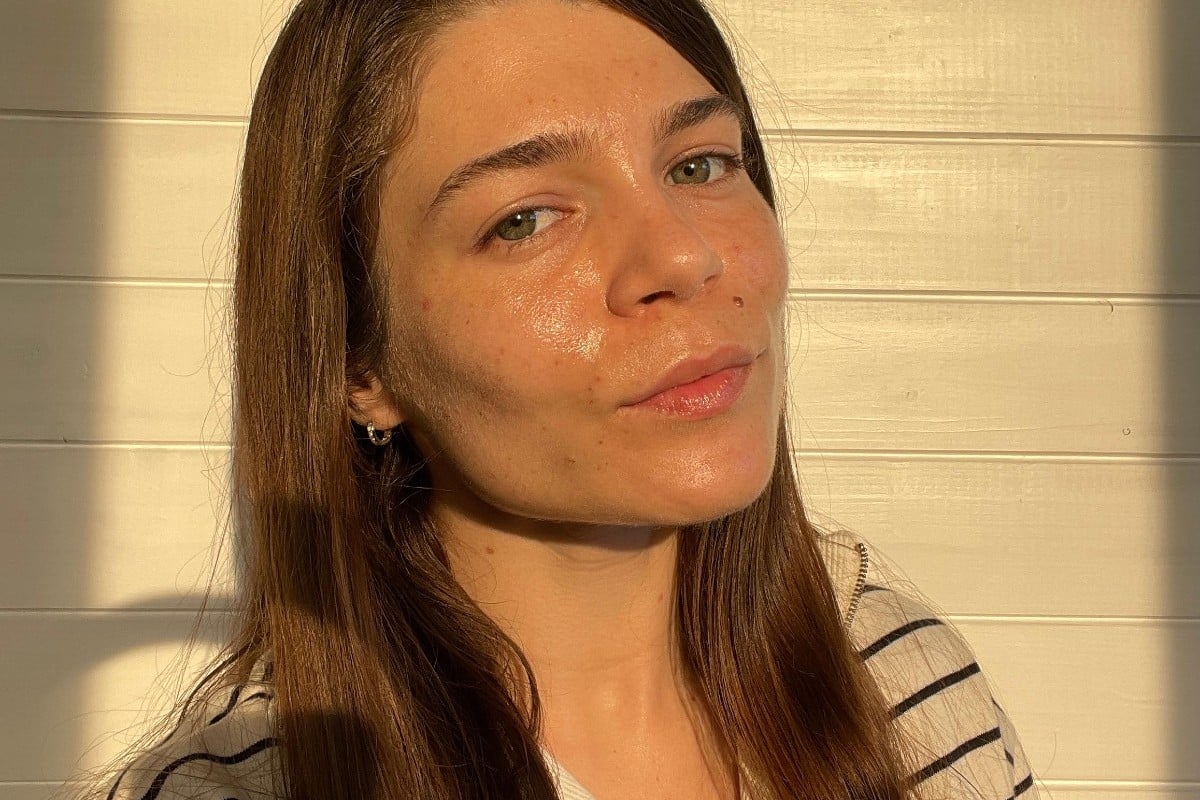
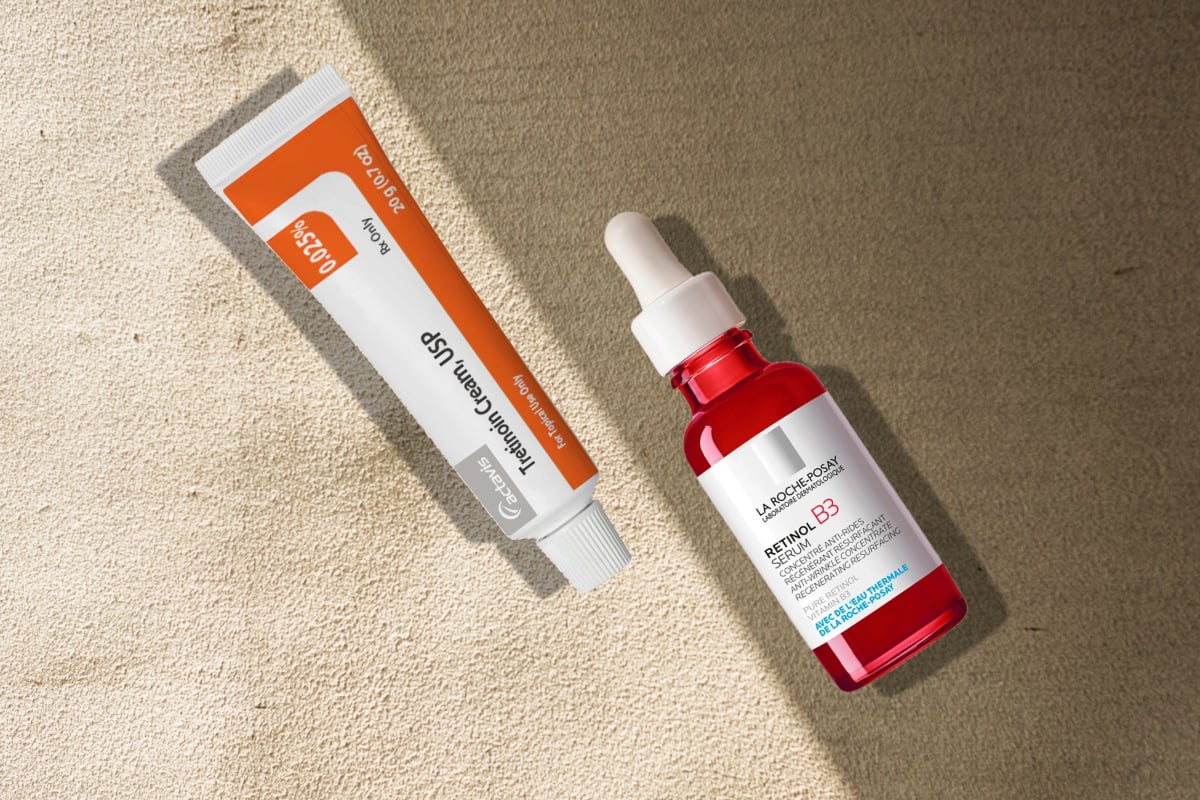
![Does resveratrol in red wine benefit your skin? While sipping on a glass of red wine can be a delightful experience, relying on it for skincare benefits is not the best idea. Sure, red wine contains a smidge of resveratrol, but let's put things into perspective. The concentration of resveratrol in red wine is relatively low. Red wines, specifically Pinot noir from France, typically contain 0.361-1.972 mg of resveratrol per liter.[8] To hit that reference dose of 500mg of resveratrol, you'd need to drink a lot of wine. We're talking about downing anywhere from 100 to 1000 glasses per day. It's a scene straight out of a wine lover's wildest dreams, but definitely not the healthiest approach. Resveratrol Benefits for Skin](https://womensconcepts.com/wp-content/uploads/2022/03/Resveratrol-Benefits-for-Skin.jpg)

